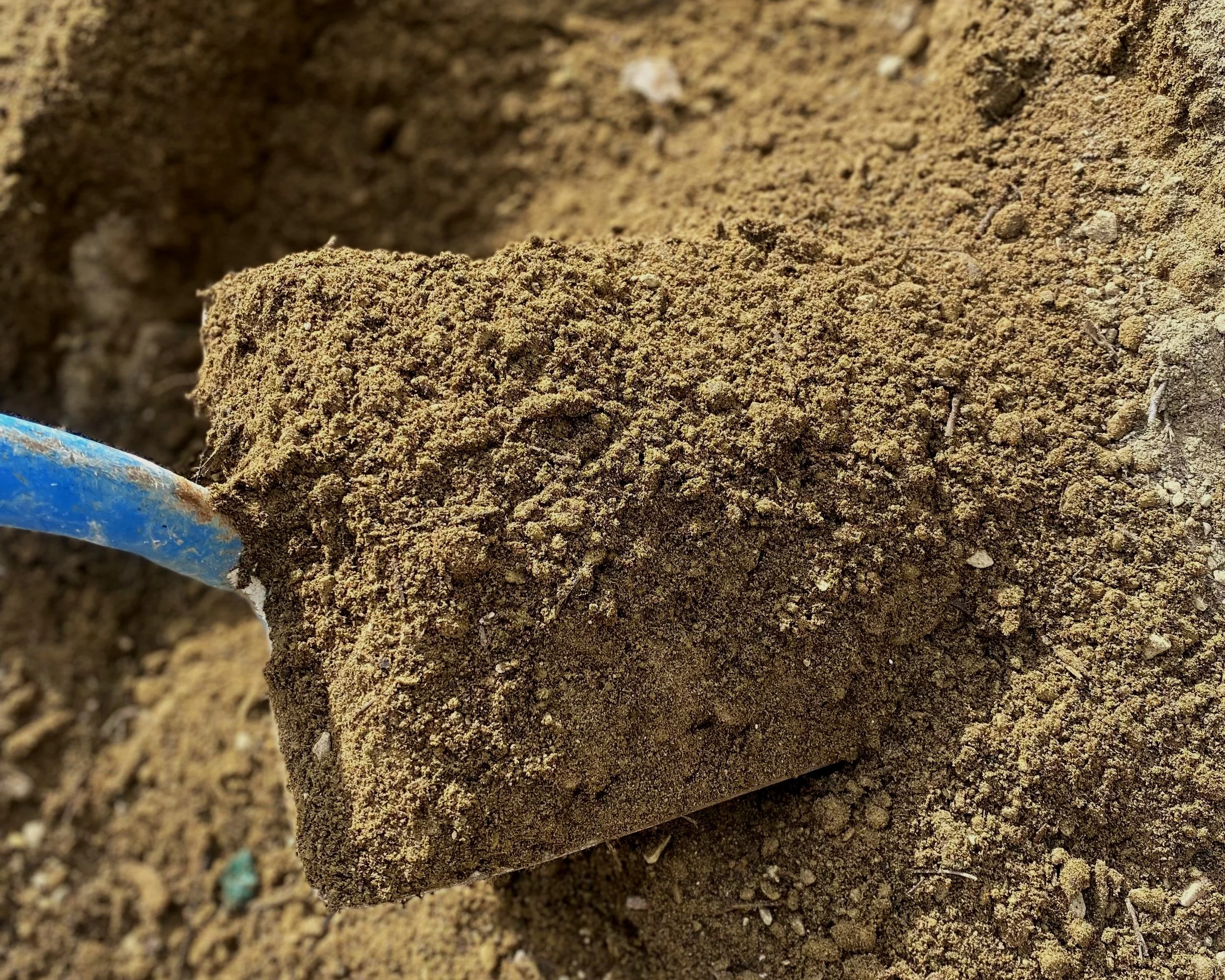Contract Grade vs. Premium Topsoil
When it comes to landscaping and construction projects, selecting the right topsoil is crucial for achieving long-term success. While all topsoil serves as the foundation for planting and landscaping, not all topsoil is created equal. Understanding the difference between contract grade topsoil and premium BS3882:2015 standard topsoil can help landscapers and contractors make informed choices depending on their project requirements.
Contract Grade Topsoil (20mm Screened)
Contract grade topsoil, often referred to as 20mm screened topsoil, is a practical, cost-effective solution for projects that require bulk soil coverage. It is widely used in large-scale landscaping and construction sites where a higher grade of soil is not necessary.
Key Features:
Screened to 20mm – Larger particle size, which may include small stones
General-purpose use – Ideal for large-scale fill or leveling applications
Budget-friendly – More economical than premium topsoil
Affordable and versatile – A flexible option that’s great for general landscaping, groundwork, or as a reliable base layer where ultra-fine refinement isn’t critical
Best Uses:
Bulk fill for landscaping and construction sites
Establishing grass areas in commercial or public spaces
Levelling ground before seeding or turfing
General groundwork where nutrient-rich soil isn’t a priority
Premium BS3882:2015 Standard Topsoil
For projects requiring multi-purpose grade, nutrient-rich soil, premium BS3882:2015 standard topsoil is the superior choice. This topsoil meets strict industry standards and is suitable for planting, turfing, and landscaping where plant health is a priority.
Key Features:
Fully compliant with NHBC standards – Guaranteed quality and consistency
100% peat-free – Sustainable and environmentally responsible
Screened to 10mm – Fine, consistent texture for better workability
Contaminate-free – Rigorously tested to ensure it is free from toxins, weeds, and harmful debris
Nutrient-rich – Contains the essential organic matter required for healthy plant growth
Independently tested – Regularly assessed by soil science consultants to ensure ongoing compliance and performance.
Best Uses:
Turfing & seeding – Provides an excellent growing medium for lawns
Flower beds & planting areas – Ensures plants, shrubs, and trees thrive
Commercial landscaping projects – Ideal for new housing developments, parks, and urban green spaces
High-end residential gardens – Enhances soil quality for long-term sustainability
Choosing the right topsoil for your project
So, how do you decide which type of topsoil is best for your project? Here are a few key factors to consider:
Purpose of the soil: If you need topsoil for structural or bulk filling, contract grade is the way to go. If planting, turfing, or high-quality landscaping is the goal, premium topsoil is essential.
Soil quality requirements: Projects requiring NHBC-compliant soil, such as new housing developments, should use premium topsoil to meet industry standards.
Budget considerations: Contract grade topsoil is more affordable for large areas, whereas premium topsoil is an investment in long-term plant health.
Workability & aesthetic finish: If you need fine, workable soil for delicate landscaping, premium topsoil is best. Contract grade is better suited for underlayers and levelling.
Both contract grade and premium topsoil serve important roles in landscaping and construction. The key is knowing when to use each one. While contract grade topsoil is perfect for bulk use and foundational groundwork, premium BS3882:2015 standard topsoil ensures optimum plant health and soil quality for more refined landscaping projects.
By choosing the right topsoil for the right job, landscapers can save money, improve efficiency, and achieve better long-term results.



